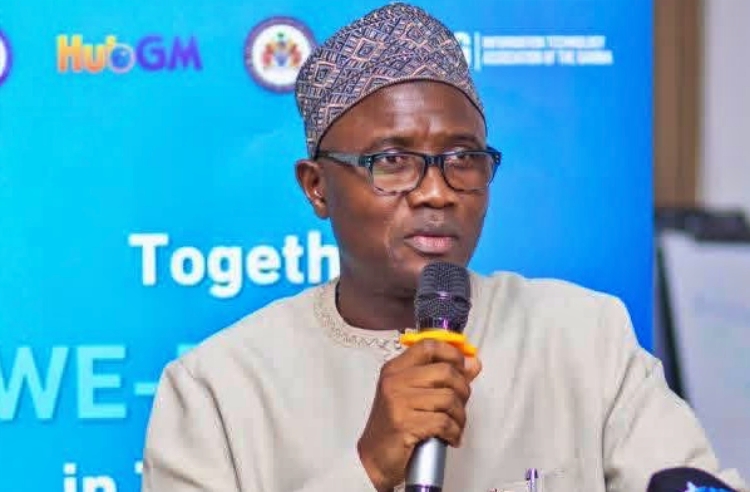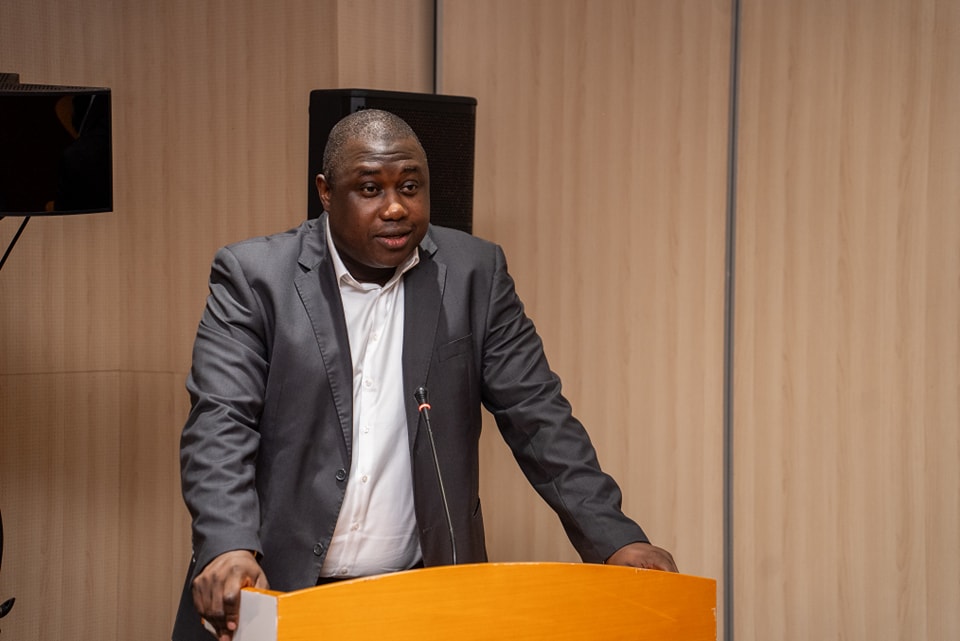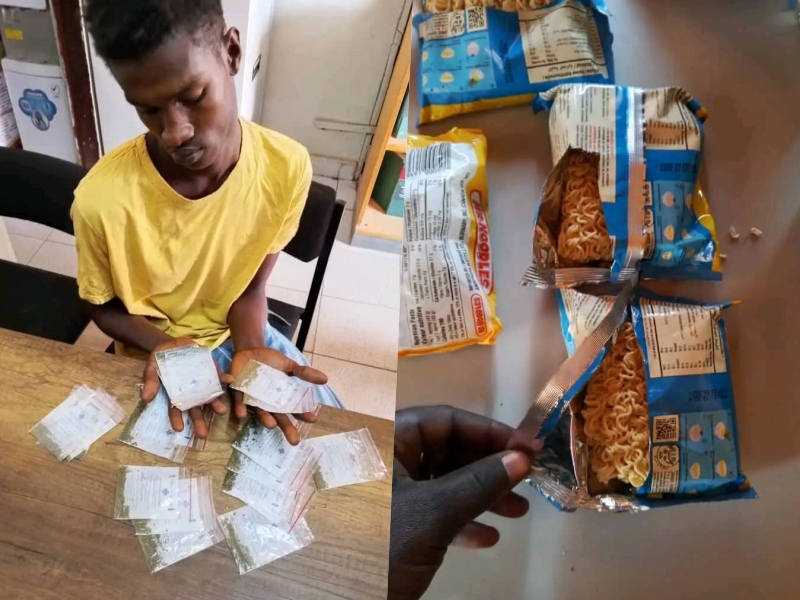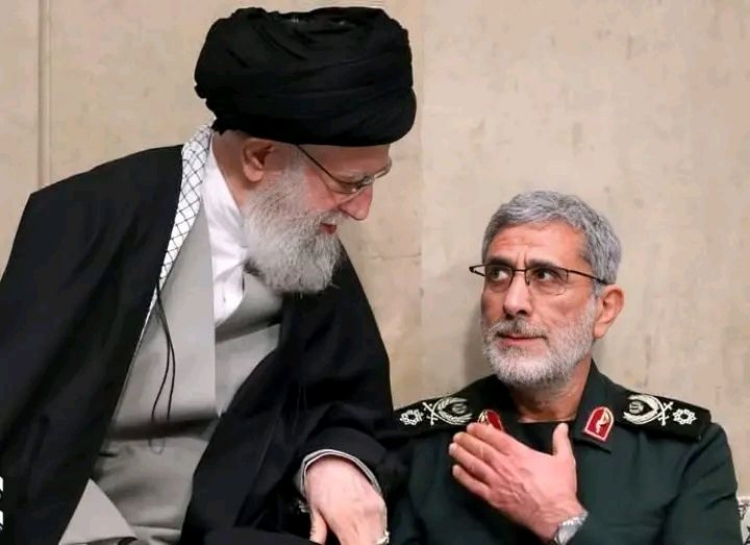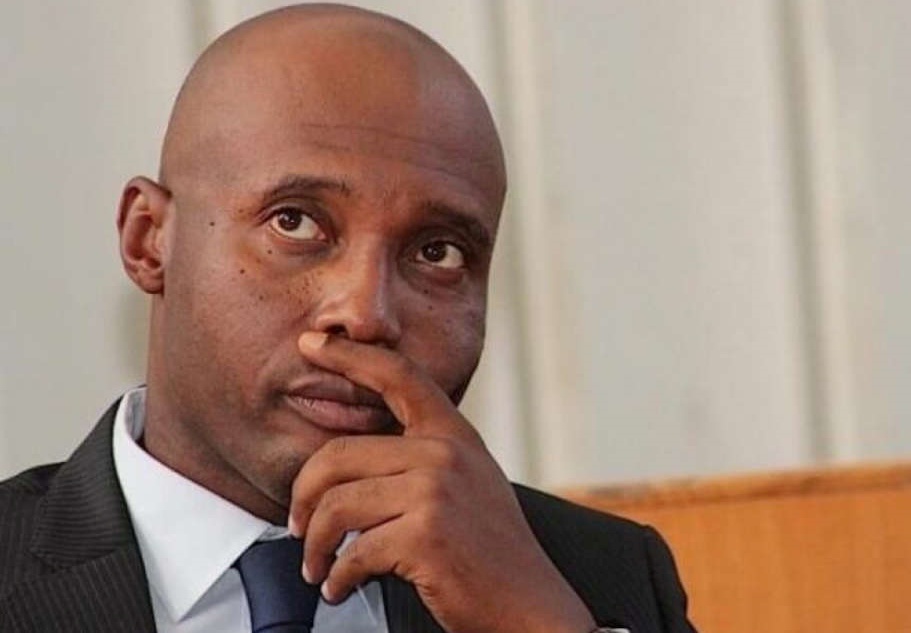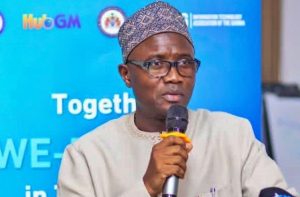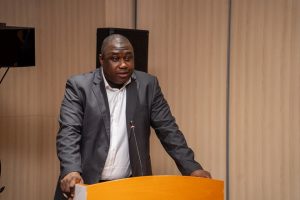Gambiaj.com – (DAKAR, Senegal) – Senegal’s Supreme Court on Thursday rejected the appeal lodged by Barthélemy Dias against his removal as Mayor of Dakar and city councilor, definitively ending his mandate. The ruling confirms Dias’ loss of his city council seat following his final conviction in the long-running Ndiaga Diouf case.
Dias had challenged a presidential decree that revoked his positions after the judicial verdict. With the Supreme Court’s decision, his removal now stands without further legal recourse.
The former mayor was convicted for his role in the death of Ndiaga Diouf, a young PDS activist killed during violent clashes in 2011 outside the Mermoz-Sacré Cœur town hall in Dakar. Courts found Dias guilty of fatal assault, illegal possession of a firearm, and drawing his weapon.
Initially sentenced in 2017, his conviction was upheld by an appellate court and finally affirmed by the Supreme Court in December 2023.
Under Senegalese law, individuals with serious criminal convictions are barred from holding certain public offices. As a result, the Prefect of Dakar revoked Dias’ mandate as both mayor and city councilor in December 2024.
Even before Thursday’s ruling, Dakar had already seen a change in leadership. On 25 August 2025, during an exceptional session of the municipal council, Abass Fall of the opposition Pastef party was elected as the new mayor of Dakar with 49 votes, defeating Ngoné Mbengue, who received 30. The Prefect of Dakar oversaw the vote.
Dias had denounced his revocation as “illegal,” arguing that the process violated legal and constitutional norms. He sought to suspend the decree until all judicial avenues were exhausted. But with the Supreme Court’s decision, that last avenue is now closed.
The ruling also raises questions about Dias’ eligibility for future office, depending on how the law applies to convicted persons. His case has long been a flashpoint between government and opposition, with critics claiming the conviction and removal were politically motivated to weaken opposition figures ahead of elections. Supporters of Dias argue he has been unfairly targeted.
Abass Fall’s administration now proceeds with both the legitimacy of the municipal vote and the court’s validation of Dias’ dismissal. The new council faces high public expectations on accountability, development, and unity in a city that has been politically polarized in recent years.
Dias’ political career has been defined by both strong grassroots support and frequent legal battles. Before becoming mayor of Dakar in 2022, he served for many years as mayor of the Mermoz-Sacré Cœur commune and twice held seats in the National Assembly.
His conviction in the Ndiaga Diouf case not only cost him his offices but also intensified national debate about judicial impartiality, the rule of law, and the limits of political immunity in Senegal.



